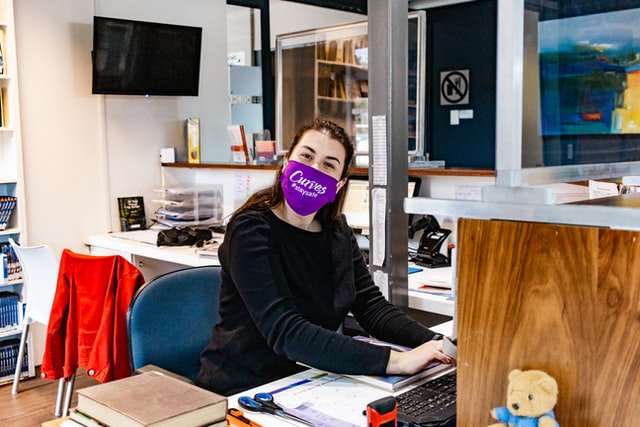The COVID-19 pandemic brought about changes in the workplace as it caused many HR leaders and leaders to think twice about the role of human resources in organizations. This pandemic made many companies opt for remote work in early 2020. In-person, teamwork changed to online collaboration methods. Many employees had never worked remotely before 2020.
Despite all these changes, even after one year, the COVID-19 pandemic continues to evolve in response to the COVID-19 pandemic and its effects. HR managers have been at the centre of these changes ever since the COVID-19 pandemic began. The managers have had to deal with new health and safety requirements, support managers in the new normal, reduce headcount at times and keep up with required administrative processes.
A technology analyst who spoke to the Society for Human Resources said that HR and IT are the two most important departments that determine whether a company will survive or not. He adds that executives should make sure that their remote workers have the right technology and support at home to do their work, that sensitive HR data is safe in-home working environments, and that the remote workers are kept engaged and productive.
As HR companies like HR Talent look into the future, it is good to think of how the COVID-19 pandemic has changed the workplace and the impact that these changes will bring about in the workplace in the future and change the role of HR. While COVID-19 has been linked to several negative impacts like high unemployment, extreme health risks, social divisiveness, and business closings, Josh Berlin, an HR analyst, believes that COVID-19 has some positive outcomes.
Bersin writes in HR Executive that HR teams are thinking of new ways to work, new ways to learn, new job models, and new ways to incent, reward, and pay people. Today, we will consider 6 changes that are very important and that HR can take advantage of including:
- Implementing new approaches to time off
- Reinforcing new requirements for workplace health and safety
- Capitalizing on technology to keep their employees engaged
- Integrating systems that will maximize efficiency
- Expanding equity, diversity, and inclusion initiatives
- Adapting to the prevalence of remote work
The COVID-19 pandemic required significant organizational change. Even though the trauma and adjustments impacted leaders and employees alike, it benefits HR to apply the key learnings to make the workplace evolve and change in innovative ways.
Reinforce New Requirements for Workplace Health and Safety
HR leaders are supposed to stay abreast of evolving health and safety guidelines and understand the changes in the workplace to ensure that procedures and policies meet requirements. Keep in mind that employees rely on their HR department to give them up-to-date and accurate information about the COVID-19 pandemic. This is true especially when it comes to those employees who see a barrage of COVID-19 updates from the local and national news.
It is challenging for HR teams to ensure that the business gets the information they need for good decision-making while ensuring that employees know about these policies. Employees are nervous or hesitant to return to the workplace. According to a KRC research survey of American employees, about 50% of them said they fear that they will be required to go back to their workplaces before it is safe to do so.
Organizations expect HR to ensure that employee concerns when it comes to health, safety and wellbeing are dealt with effectively, especially in this evolving physical environment. Elizabeth Adefioye, who is the Senior Vice President and CHRO of Ingredion says that she has partnered with the Ceo and key executives from the finance, technology, communications, and facilities development to come up with a safe, phased, safe global approach to going back to the workplace.
